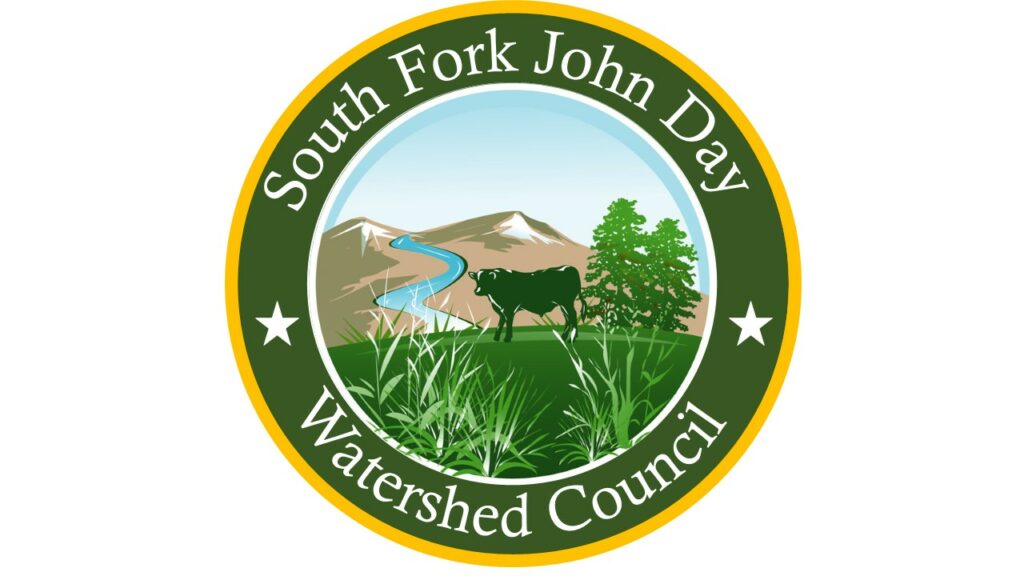Can we really restore ecosystems?
This series explored the complexities and realities of “restoring” forests and other ecosystems to conditions more in keeping with historic conditions. It’s focus was on dry forests east of Oregon’s Cascade mountain range, but the concepts apply more broadly. We considered ecological limitations and desired conditions; implications of long term fire suppression, invasive species, and changing climate conditions; and how our objectives and perceptions influence potential management actions. The series was not about telling you what’s best, but rather getting us all thinking about how we can promote resiliency in the landscapes we collectively steward.
Each session included approximately 60 to 90 minutes of web-based presentation and group interaction. Recordings of each session are available on this site under the “schedule” or “resources” tabs.
Our Partners
This webinar series was brought to you by Oregon State University Extension Service, with the invaluable support of the My Blue Mountains Woodlands Partnership, the Klamath-Lake
Forest Health Partnership, American Forest Foundation, the Partnership for Forestry Education, and the South Fork John Day Watershed Council.



